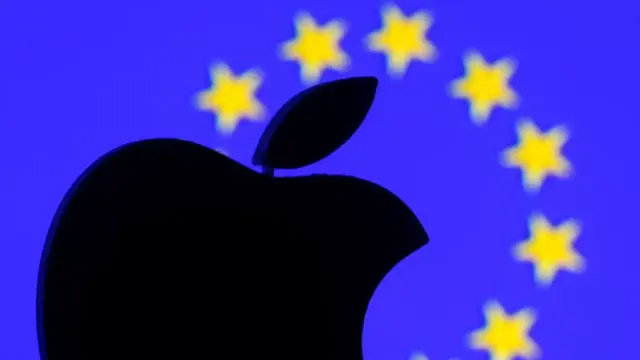
Apple now faces a problem far bigger than tariffs or weak iPhone sales: mounting global regulatory pressure on its App Store. Developers and lawmakers challenge the company’s control over its app ecosystem. This pressure stems from claims of anti-competitive behavior. The core issue revolves around Apple’s 30% commission on in-app purchases and its strict App Store rules. These rules dictate how developers can reach iPhone users.
The European Union, the United States, and South Korea have initiated investigations or enacted legislation. They examine whether Apple abuses its market power. The EU’s Digital Markets Act (DMA) specifically targets gatekeepers like Apple. The DMA forces changes to how Apple operates its App Store. Apple must allow developers to use their own payment systems. This change would bypass Apple’s commission. South Korea already passed a law that mandates this change.
Developers express frustration. They claim Apple’s rules stifle competition and limit their ability to innovate. Epic Games, the maker of Fortnite, initiated a high-profile legal battle. Epic Games challenged Apple’s commission and in-app purchase rules. The legal battle exposed Apple’s control over its platform. Small developers also voiced concerns. They state the 30% commission cuts into their profits. They argue Apple’s rules hinder their ability to reach customers.
Apple defends its App Store practices. The company claims its rules protect user privacy and security. It states the commission funds App Store maintenance and security. Apple argues its platform provides a safe and secure environment for users. The company emphasizes its role in creating a thriving app ecosystem. However, regulators scrutinize Apple’s claims. They examine whether Apple’s control benefits users or primarily benefits Apple.
The US Department of Justice reportedly prepares an antitrust lawsuit against Apple. The lawsuit focuses on Apple’s App Store and its control over hardware and software. Lawmakers in the US Congress also consider legislation. They aim to rein in the power of big tech companies. The debate centers on whether Apple’s control constitutes a monopoly. The focus is on whether Apple unfairly advantages its own services.
Apple’s control of the App Store creates a closed ecosystem. This ecosystem gives Apple significant power over developers. Developers must adhere to Apple’s rules to reach iPhone users. This creates a dependency. The company sets the rules. It collects the commission. This creates a conflict of interest. Apple’s own services compete with third-party apps. This raises questions about fair competition.
The outcome of regulatory actions remains uncertain. Apple faces potential fines and forced changes to its business model. The company could lose control over its App Store. Developers could gain more freedom. Users could see lower app prices. The regulatory pressure challenges Apple’s business model. This challenge extends beyond short-term financial impacts. The challenge impacts Apple’s long-term strategy. The company must balance its control with regulatory demands. This balance will shape the future of the App Store.
The European Commission continues to investigate Apple’s compliance with the DMA. The Commission possesses the power to impose substantial fines. These fines can reach a significant percentage of Apple’s global annual revenue. The level of scrutiny indicates that regulators intend to enforce the DMA. Apple must demonstrate compliance. If it fails to do so, it will face penalties.
The rising global pressure indicates a shift. Governments and regulators aim to curb the power of large tech companies. Apple’s App Store practices face significant challenges. The company’s response will shape its future.










